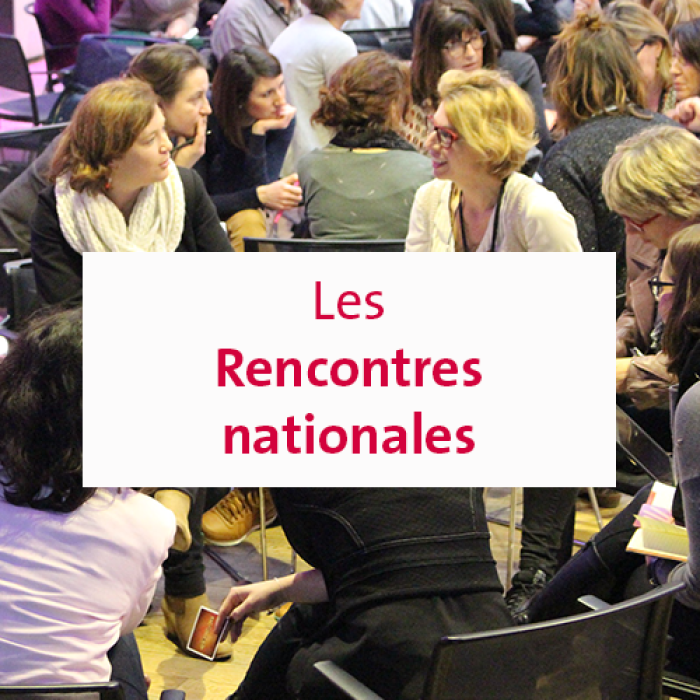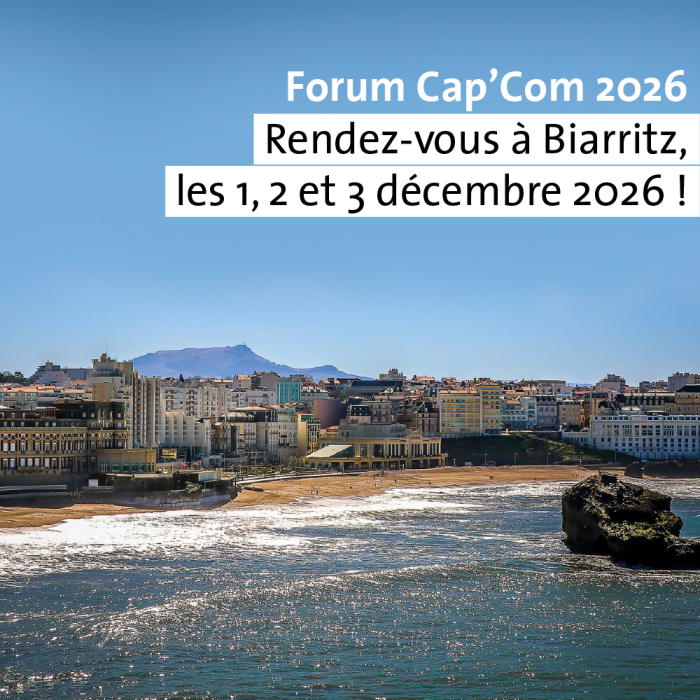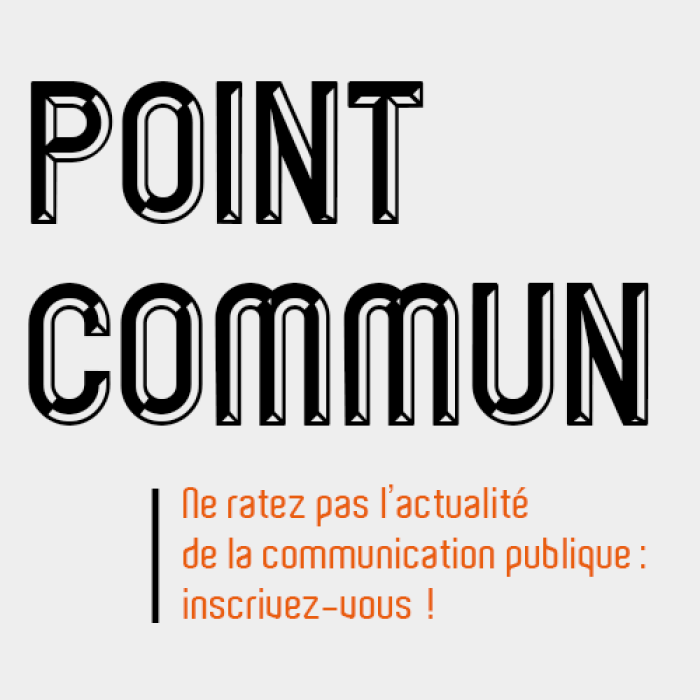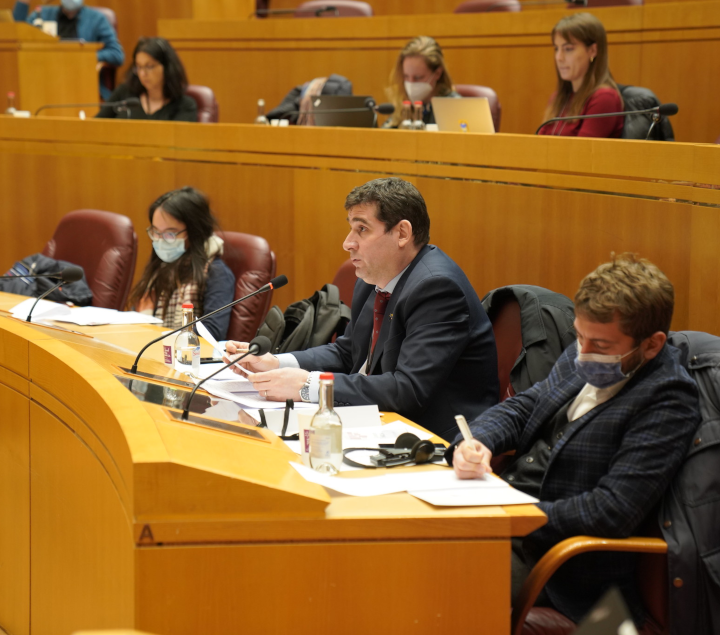
European benchmarks for our changing jobs
Organised in Toulouse, France, on 16 and 17 February by Cap'Com and the Club of Venice, the international seminar entitled "Citizenship and participation in the regions" shed light on the way forward for public communication.
From our special correspondent, Alain Doudiès, consultant in public communication, former journalist and member of the steering committee of Cap'Com, the French public and regional communication network.
For several years now, Cap'Com has been working closely with the Club de Venise, an informal yet active gathering of European government communication professionals created in 1986. The meeting in Toulouse was the first to be conceived and organised together by the partners, which meant that the focus was fully on regional communication. Thirty researchers, experts and communicators gave broad perspectives or focused their remarks on particular issues. From this lively panorama provided by Italian, Dutch, Lithuanian, Estonian, Romanian, Austrian, Belgian, British and French speakers or managers of European structures, let’s take a closer look at what directly concerns our jobs. A roadmap for communicators.
In the convergence of analyses and presentations of practices, there were no major revelations, but rather solidly argued confirmations: benchmarks to help us move forward. Presenting the conclusions of the OECD report entitled "Public Communication. Global Context and the Way Forward", Emilie Cazenave, a public policy analyst, outlined "more effective" communication :
- strengthening its governance, with a mandate based on clear strategic goals, to give communication its full potential
- professionalising and institutionalising communication, with relevant and more specialised skills, especially in crisis communication, and with appropriate human, financial and technical resources
- evidence-based communication, backed by research and behavioural science
- evaluating communication to measure its effects, both on public action and residents
- the need to address misinformation and disinformation
- actively contributing to citizen participation, with the ability to engage in dialogue and transform feedback into discussion
- exploiting digital levers, in particular social networks, in a more strategic way, making optimal use of the technology
Engaging in dialogue with the public
This ambitious but challenging roadmap reflected the approaches of many speakers. They notably highlighted the particularly complex context, marked by the polarisation of opinions, tension within society, loss of confidence in, and even distrust of, institutions, the excesses of certain media and the disastrous effect of fake news.
In light of these negative trends, Club of Venice chairman Stefano Rolando called for "a fight against functional illiteracy" and stressed the need to "maintain a high level of scientific communication". Reason and objectification must be given pride of place in order to counter these ‘sad passions’. He reminded us that communication, which was previously vertical, has gradually become horizontal. His goals involve: “distancing ourselves from propaganda, using the centrality of technological change as a means rather than an end, and taking social demand into account through a culture of explanation and support.” All this, without forgetting that “the hierarchy of the debate remains vertical”.
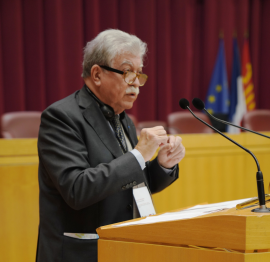
This was not an ad hoc statement, but rather the expression of a conviction, with many contributors stressing the crucial need to listen to the public, “to engage in dialogue”, to consolidate and authenticate the various forms of participation. This should not be a simple tool, but a way of “restoring trust”, avoiding a facade of consensus, and “fostering public engagement”, with more active mobilisation than simple “likes”. The goals of “transparency” in public decision-making, “humility”, “integrity” and “inclusion” then emerge, revealing the aim of genuine engagement by the public.
The "citizens' convention" of the Occitanie region in France
Is the participation of the residents of the Occitanie region in the south of France exemplary? It’s certainly worth taking a closer look. Olivier Roméro Gayo, the local elected official in charge of participatory democracy, voiced his political will, namely “to give the public a way of expressing and realising their aspirations and having confidence in collective intelligence to build our public policies.” He detailed the system: citizenship charter, participatory website, dialogue bodies (an assembly of the regions, parliament of the sea, parliament of the mountains, regional youth council, disability advisory committee and user committees), major consultations (name and logo of the region, general state of the railways, consultation on food) and participatory budgets.
A major component of this initiative is the “Citizens' Convention”, which is designed to provide input for the “Green Pact”. Anna Pagès, the newly appointed deputy director of communications, outlined the details of the Convention. “An unprecedented and grassroots approach to developing this action plan”, with 100 members of the public drawn at random from the electoral roll and compensated. They were informed about the region's competencies and enlightened by the intervention of experts on concrete proposals, some of which were submitted to an online vote (20,000 participants), with 45 of the 52 measures deemed to be priorities and 150 actions integrated into the Green Pact voted by the regional assembly and a monitoring committee, comprising elected officials and members of the public.
Digital awareness and trends
In the light of current issues, the role to be given to digital technology was scrutinised. “Public authorities are lagging behind. They fail to take sufficient account of social networks, especially in terms of managing risks, at a time when the digital revolution is fundamentally changing the job of communicators”, warned Elizabeth Wiltshire (public policy and technology specialist; associate of the Tony Blair Institute for Global Change). For her part, Susanne Weber (head of digital communication at the Austrian Federal Chancellery) listed five known trends to be analysed, namely the preponderance of videos, the rediscovery of newsletters, improved skills in combating cybercrime, the growth of cyber-bullying and hate speech, and the growing influence of TikTok.
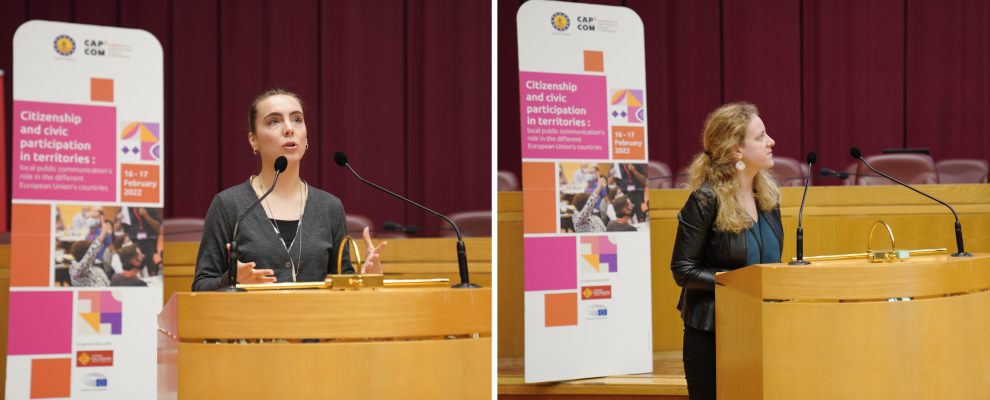
Utrecht's innovative newsroom
Rather than an editorial office, this is a central facility and team at the heart of the municipality's organization. Information converges here from all channels, including social networks. The pulse of the situation can be taken in real time. The expertise of analysts, communicators and other specialists in the running of the city's initiatives is pooled, with listening and dialogue considered priorities. The newsroom's recommendations are forwarded to the decision-makers, who then take action.
A portrait of tomorrow's professionals
Looking at particularly complex issues and answers that so far remain insufficient, this international seminar was very interesting for French public communicators. Although it did not clear obstacles, it did outline the progress to be made, as well as detailing the paths of citizen commitment and drawing the portrait of tomorrow's professionals, who need to be true strategists, specialists in monitoring and intelligence of opinion, mediators in an often fractured society... and experts in communication. In short, let's stay the course and increase our knowledge, understanding and skills.
A transversal approach to environmental communication
Céline Pascual Espuny, professor at the University of Aix-Marseille, co-director of the IMSIC (Mediterranean Institute of Information and Communication Sciences) and member of the Cap'Com steering committee, presented an analysis and approaches to communication related to the “ecological transition”. The “discursive paths” of an overly technical or moralistic communication, together with the concomitance of mutations (social, economic, ecological, territorial and communicational), provide food for thought for a new style of public communication. These benchmarks have been summarized very briefly and need to be looked at in more detail.
The findings were clear in that issues surrounding the communication of European institutions/governments and those of communication of local authorities are often the same. “National dynamics and local dynamics were previously separate, but now need to be brought together,” stressed Stefano Rolando, while Yves Charmont spoke about how “when it comes to ideals, communicators and the public are allies in defending democratic values.” Does this mean there is convergence between the chairman of the Club of Venice and the general delegate of Cap'Com. A vague protocol of blurb? No. But rather, as we felt in the lecture hall... and in the restaurants of Toulouse, shared aspirations, the same idea of our professions and a community of minds. In Toulouse, the autumn wind blew in the pleasant fragrances of Europe.

